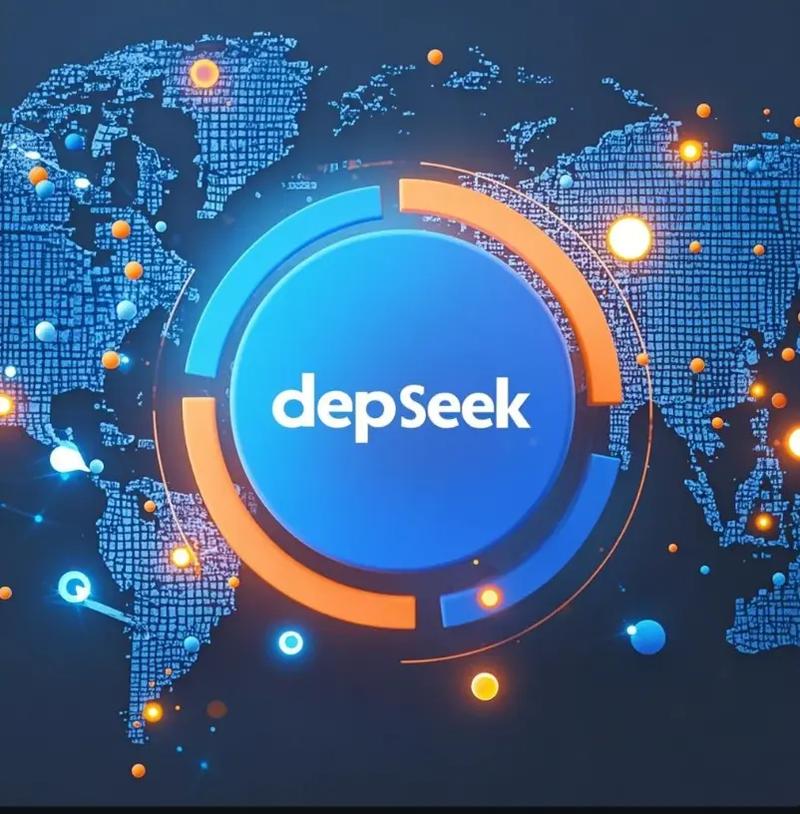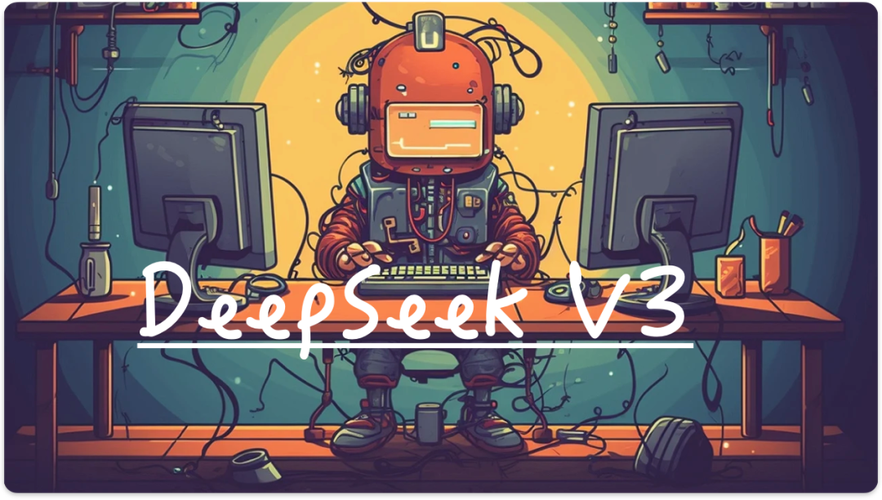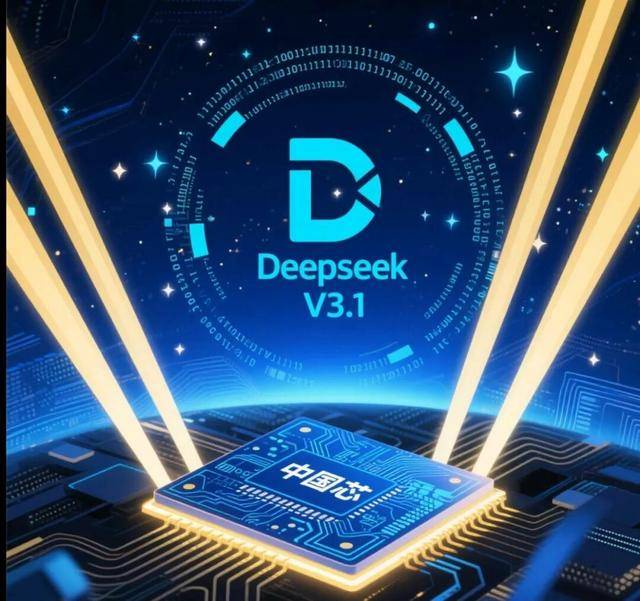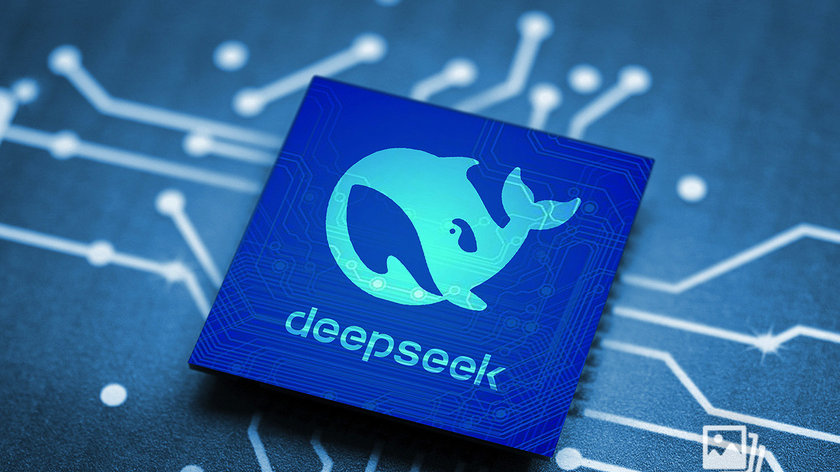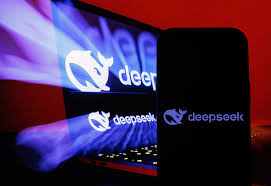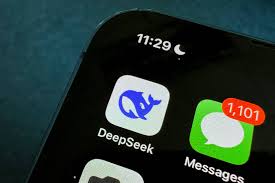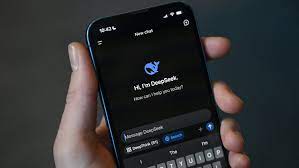Anthropic Claude Comparison: How It Stacks Up in 2025
Table of Contents
Introduction
What Is Anthropic Claude?
Claude Versions Overview
Strengths & Ideal Use Cases
Performance Benchmarks
How Claude Compares to GPT, Gemini, DeepSeek
Technical Architecture & Unique Features
Cost, Speed & Token Economics
Ethical Safety & Alignment
Multimodality & Context Handling
Developer Experience & Ecosystem
Use Cases Across Sectors
Limitations & Criticisms
Future Roadmap for Claude
Conclusion
1. Introduction
With AI’s explosive growth in 2025, Anthropic’s Claude continues to stand out as a powerful, safety-focused alternative to GPT-4, Gemini, and open-source models like DeepSeek. This analysis covers Claude’s evolution, architectural strengths, benchmark and pricing comparisons, and why it’s an excellent choice for many applications.
2. What Is Anthropic Claude?
Founded in 2021 by former OpenAI researchers, Anthropic focuses on aligning AI with safe, ethical behavior. Their flagship model—Claude—launched in March 2023.
Their core philosophy, Constitutional AI, uses internal rulebooks to temper outputs:
Anthropic’s 2024 report on Claude outlined how its moral compass leads to fewer harmful or emotional responses .
3. Claude 3 & 4 Family Overview
Claude 3 (Mar 2024)
Three variants:
Haiku: Fast, lightweight
Sonnet: Balanced performance & cost
Opus: High-performance reasoning
These models offer robust text and image understanding .
Claude 4 (May 22, 2025)
Two key flavors:
Opus 4: “Industry-leading” for reasoning, code, multimodal tasks
Sonnet 4: Lower cost, nearly matching Opus performance
Opus 4 excels on software engineering benchmarks like SWE-bench (~72.7%) .
4. Strengths & Ideal Use Cases
🧑💻 Coding
Claude 4 tops SWE-bench (72.7%), outpacing GPT and Gemini .
Excellent with multi-file diffs and debugging.
🤔 Reasoning & Math
Strong performance in AIME-like exams (~90%) .
Ideal for logic, chain-of-thought, planning.
✍️ Creative Writing & Multilingual
Polished, reflective voice, great for marketing and storytelling .
Multilingual proficiency across Spanish, Japanese, French .
📊 Analysis & Planning
Claude’s “project” framework helps manage complex workflows .
Excellent for summarizing documents, critiquing, and collaboration.
5. Performance Benchmarks
SWE-bench (coding)
Grok 3 – 79.4%
Claude 4 – 72.7%
Gemini 2.5 gt, Llama 4, GPT variants, DeepSeek R1
Math (AIME 2025)
Grok 3 – 93.3%
Claude Opus 4 – 90%
DeepSeek R1 – 87.5%
Gemini 2.5 – 84%
Benchmark metrics (GPQA, MMLU, MMMU)
Claude 4 scores ~83–88% on graduate questioning and standardized tasks .
Multimodal Performance
Strong image and chart understanding, though slightly behind Gemini; Gemini edge in video/audio .
6. Claude vs GPT, Gemini & DeepSeek
GPT-4
Similar general knowledge, but Claude outperforms in writing tone and cost using Sonnet variant .
Gemini 2.5 Pro
Slightly lower coding accuracy (~63%) versus Claude (~72%) .
DeepSeek R1/V3
DeepSeek offers lower-cost access and strong reasoning, but trails Claude in code .
Financial analysts note that Claude has more polished conversational style, while DeepSeek is faster and cheaper .
7. Technical Architecture & Features
Dense vs Constitutional AI
Claude is a dense transformer with explicit ethical constraints.
OpenAI-style Opus & Sonnet apply Anthropic's internal guardrails .
Extended Reasoning
“Extended thinking” mode in Claude 3.7 Sonnet utilizes progressive chain-of-thought for complex tasks .
Multimodal Inputs
Native image + document parsing and PDF understanding .
8. Cost, Speed & Token Economics
Pricing (mid-2025)
Sonnet 4: $3/m input, $15/m output tokens
Opus 4: $15/$75 per million tokens (input/output)
Gemini 2.5 Pro: ~$3/$7 per million
DeepSeek's cloud pricing is much cheaper (~$0.5–2/m tokens) .
Speed & Latency
Sonnet 4 is “near-instant” per Anthropic, cloud-optimized .
Claude may be slower than GPT in some interactive uses .
9. Ethical Safety & Alignment
Constitutional AI: Leads to fewer harmful outputs with better filtering .
Less likely to refuse benign queries while avoiding harmful ones .
Suitable for enterprise use in legal, health, education contexts.
10. Multimodality & Context Handling
Claude 3 family: support for charts, photos, diagrams .
Claude 4 extends multimodal capability, though Gemini remains slightly ahead in video/audio .
Excellent long-context support; Sonnet and Opus handle massive documents.
11. Developer Experience & Ecosystem
Access via Anthropic API, Amazon Bedrock, Google Vertex AI
Tools: LangChain, LlamaIndex, Cursor IDE, Replit Copilot, GitHub Copilot.
Sonnet model included in Copilot agent strategy by GitHub .
12. Use Cases Across Industries
| Sector | Use Case Example |
|---|---|
| Software Dev | Code review, debugging, multi-file solutions |
| Education | Essay grading, math tutor with chain-of-thought |
| Enterprise | Summarize reports, interpret financials |
| Content Creation | Marketing copy, creative scripting |
| Legal/Compliance | Analyze contracts and compliance docs |
| Healthcare | Draft medical summaries, patient note analysis |
Real-world reviews highlight Claude’s utility for project planning and document parsing .
13. Limitations & Criticisms
Costly at scale, especially with Opus 4
Still lacks web browsing and dynamic retrieval (coming soon)
Competitive gap in voice interaction and multimodal pipelines
Proprietary model, no local deployment
14. Future Roadmap
Claude Web integration & real-time browsing
Enhanced multimodal capabilities: audio, video
Tools & function calling (SQL queries, API chains)
Local agent features and long-term memory
Possible consumer app with integrated voice/vision
15. Conclusion
Claude in 2025 offers a powerful combination of:
Leader-level code and reasoning performance
Ethical output and alignment safeguards
Multimodal and long-context handling
Robust API and enterprise integration
If you need polished, safe, and deep-thinking AI—especially for coding, education, or enterprise—Claude 4 Opus/Sonnet are top-tier choices. For lower cost or offline needs, consider GPT-4, Gemini, or open-source alternatives like DeepSeek.

